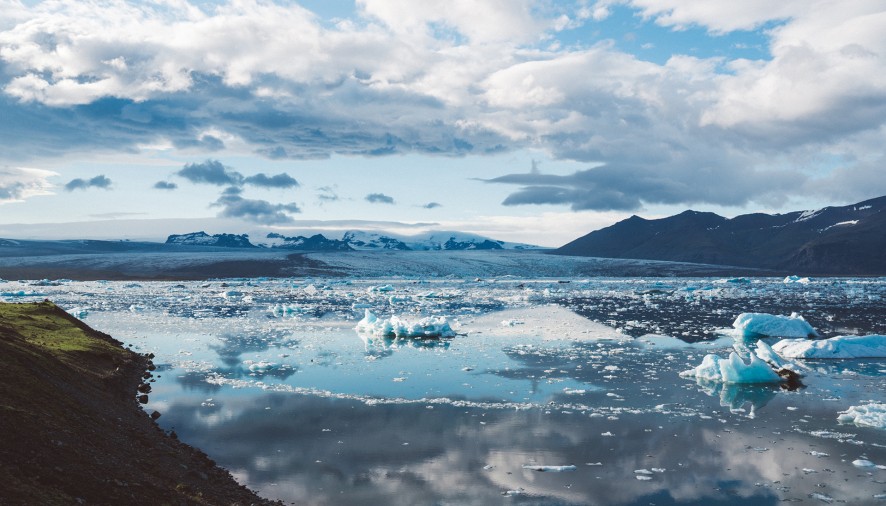This year, on the 30th November, around 40,000 participants from leading nations will meet in Paris – a city known best for its culture and beauty – to instead discuss a rather ugly subject; global climate change. The hope is that, after 12 days of tense negotiations, world leaders will finally have agreed on a decisive, all-inclusive and legally binding plan for reducing emissions; an agreement that has been required for far too long. Much like their political standpoints, nations have struggled to find common ground with previous conferences, ultimately, ending fruitlessly.
To reflect upon the potential outcomes of COP21 in Paris, be they positive or negative, before first considering the events that precede it, is akin to skipping chapters within a good book and rightly frowned upon. In 1992, at the Earth Summit held in Rio de Janeiro, the first small steps towards combatting dangerous climate change were taken, with the creation of the United Nations Framework Convention on Climate Change (UNFCCC); a framework for negotiating specific treaties. Since the Earth Summit there have been several ‘false dawns’, namely the Kyoto Protocol in 1997 – where the US refused to ratify the proposed emissions targets – and the more recent Copenhagen conference, in 2009, where discussions took place, but the required international agreement was severely lacking. However, in a months’ time this could all change; it is hoped that COP21 will prove to be the defining chapter in the climate change saga – the conference that finally achieves international agreement for decisive action.
Within the finer details of November’s discussions, the draft agreement will surely consider the consensus of maintaining global warming to no more than 2 degrees Celsius. This is a crucial aspect of the talks, as a rise above 2 degrees could lead to the occurrence of disastrous climatic events, flooding and sea level rises. Climate finance will also be under consideration – in particular the previous failings of proposed financial aid. The basic principle required the rich to give to the poor, providing the money is spent by the countries on measures to reduce emissions and preserve rainforests. By 2020, $100bn per year was promised to developing countries, however UN discussions during the summer highlighted the failure to mobilise funds, with the large sum of money provoking governments into disagreement as to where this should be sourced.
The UK’s standpoint on COP21 appears to be decisive, with current government officials claiming earlier this week to be, “absolutely committed to getting a global deal in Paris”. However, this commitment appears at odds with current energy policy within the UK, particularly the cuts to financial support for renewable energy projects and, on the other side of the coin, the tax breaks for oil and gas production in the UK, announced earlier this year. Indeed, on Monday during an interview with the BBC, the UN’s chief environmental scientist, Prof Jacquie McGlade, criticised the UKs decreasing support of renewables, “what’s disappointing is when we see countries such as the United Kingdom that have really been in the lead in terms of getting their renewable energy up and going – we see subsidies being withdrawn and the fossil fuel industry being enhanced”. She continued, “It’s a very serious signal – a very perverse signal that we do not want to create”.
The UK government has yet to outline how they propose on meeting any carbon reduction targets, whilst also reducing the subsidies available to renewables, however achieving their desired energy bill reductions may come at a cost, with more than 1,000 jobs already lost within the renewables sector with other potential energy investors choosing to look elsewhere. With a month remaining, Paris could yet still be the scene of a triumphant victory towards combatting climate change, however it is vital that positivity and good will – from all parties – is carried into COP21. Will Paris merely be another page in a book of ongoing failures, or will it become the defining chapter of mankind’s greatest work to date? Only time will tell.
Sandy Kelly
Image: www.pexels.com

